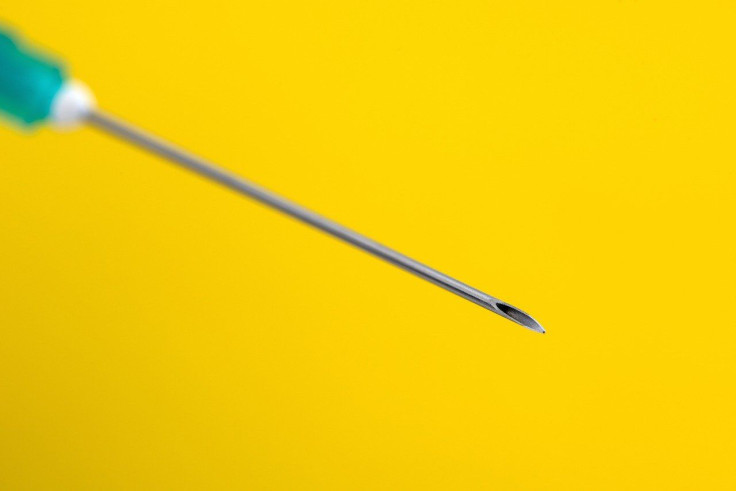New Lassa Fever Vaccine 'Rapidly' Protects Against Deadly Pathogen: Study
KEY POINTS
- Researchers studied the single-injection rVSVΔG-LASV-GPC vaccine
- It worked even against different strains of the Lassa virus
- Lassa fever is one of the "top five pathogens likely to cause a severe outbreak"
Lassa fever can be deadly to human and non-human primates. A team of researchers has found that a new vaccine can provide a "rapid" response to the viral illness.
Despite decades of efforts to develop a vaccine for Lassa fever, there are still no licensed vaccines to prevent it, the researchers wrote in their paper, published Tuesday in the journal Cell Reports.
Lassa fever is an animal-borne illness first documented in 1969, according to the U.S. Centers for Disease Control and Prevention (CDC). Endemic in parts of West Africa, about 100,000 to 300,000 cases are reported each year, causing 5,000 deaths.
Although the overall fatality rate of a Lassa virus infection (LASV) is 1-2%, this can be as high as 69% in hospitalized patients.
For their study, the researchers looked at the effects of the single-injection rVSVΔG-LASV-GPC vaccine in healthy adult cynomolgus macaques. They found the vaccine, which was initially developed under the International AIDS Vaccine Initiative, offered protection from "observable disease" in an impressive 100% of the subjects when it was administered seven days before the exposure, the University of Texas Medical Branch (UTMB) noted in a news release. It also prevented the subjects from experiencing serious illness when they were vaccinated three days before the exposure.
"The rVSVΔG-LASV-GPC vaccine induces rapid activation of adaptive immunity and the transcription of natural killer (NK) cell-affiliated mRNAs," the researchers wrote.
Importantly, it worked even against different strains of the virus.
"Different countries have different lineages of Lassa virus, and a fast-acting vaccine that can prevent the disease is a major goal when dealing with an outbreak," said Dr. Robert Cross of UTMB, who was one of the study lead researchers. "This vaccine prevented signs of overt disease and showed remarkable effectiveness in rapidly clearing the virus which prevented the development of severe or even lethal disease."
Top five pathogens
The World Health Organization classified the Lassa virus among the "top five pathogens likely to cause a severe outbreak." And even though it's endemic in Africa, there are also instances when it gets imported to places like Europe and the U.S.
In 2015, for instance, the CDC and the New Jersey Department of Health confirmed a Lassa fever death in an individual who traveled to the U.S from Liberia. Just earlier this year, the U.K. reported its first Lassa fever cases in over a decade. They were also linked to travel to West Africa.
"Besides Dengue, Lassa Fever is the viral hemorrhagic fever that is most often exported by travel to other parts of the world. This is possibly due to a long incubation period," said study co-lead Dr. Courtney Woolsey, of UTMB.
However, despite its potential impact on public health, many of the current Lassa fever vaccine candidates "failed to fully protect against lethal disease," the researchers said. Furthermore, most of them also require multiple shots, when a single-shot vaccine is "preferable" in an outbreak or bioterrorism setting.
Further studies will test even shorter windows between the new vaccination and exposure, as well as how long the immunity will last, according to UTMB.
"Our results further support rVSVΔG-LASV-GPC as a vaccine that may have utility in first responders as well as at-risk populations," the researchers wrote. "Important to this work, the rVSVΔG-LASV-GPC vaccine is currently being assessed in humans in a phase I trial, while a phase IIb clinical trial of this LASV vaccine is in preparation for evaluation among adults and children in Liberia, Nigeria, and Sierra Leone."

© Copyright IBTimes 2024. All rights reserved.






















